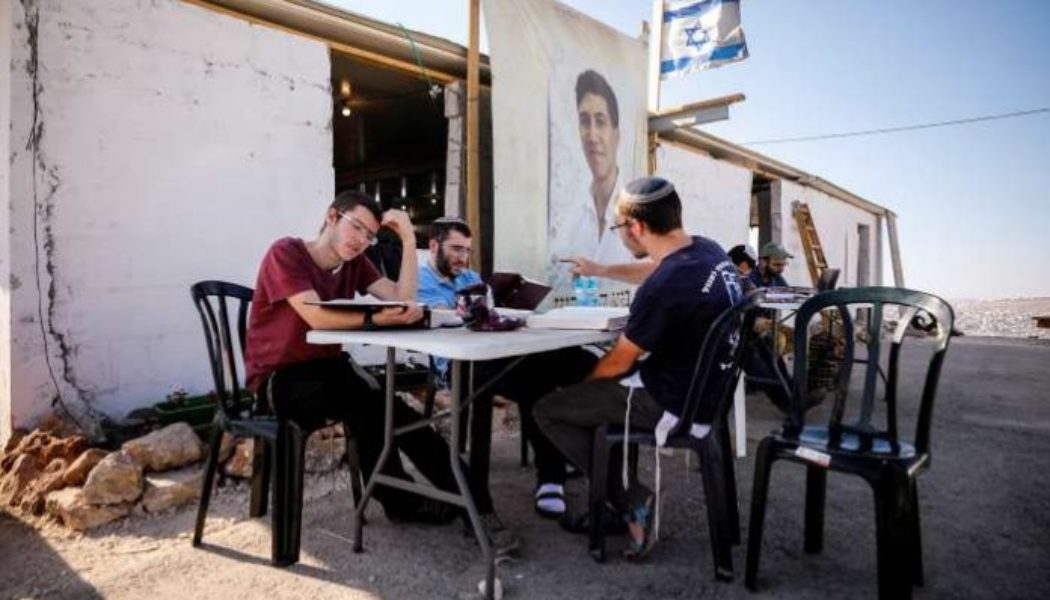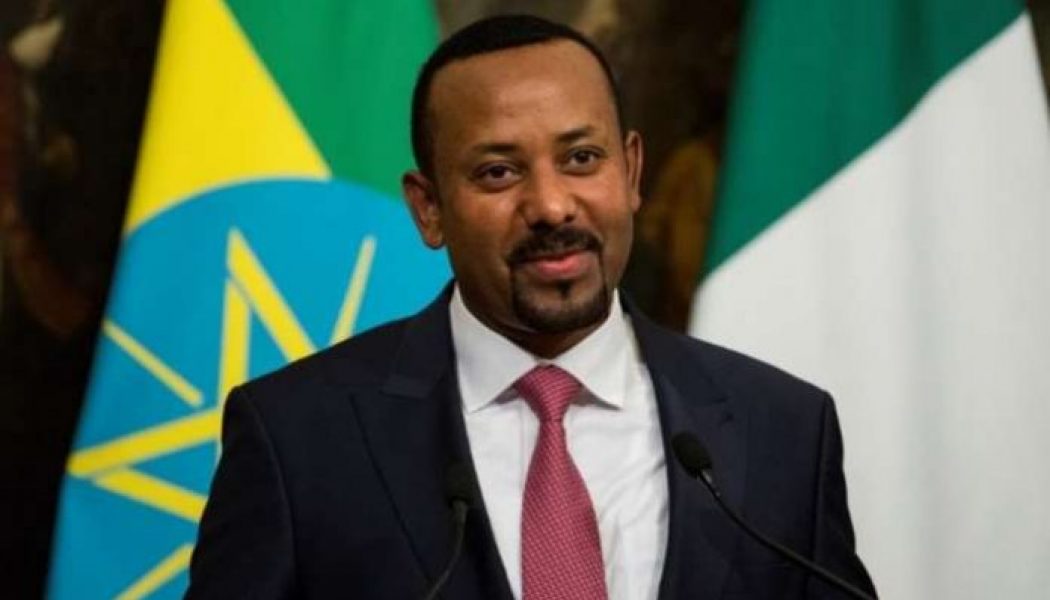Ruling Coalition
Ethiopia: From historic peace to the brink of war
As Ethiopia’s Prime Minister Abiy Ahmed replaces his army chief on Sunday amid an escalating conflict in the northern Tigray region, here are the key developments since Abiy came to power in 2018: First leader from biggest ethnic group In February 2018, prime minister Hailemariam Desalegn resigns after several years of anti-government protests. In April, Abiy is sworn in as premier, becoming the first leader from the Oromo ethnic group, Ethiopia’s largest. Ethnic divisions Oromos and the country’s second-biggest group, the Amharas, had fuelled the protest movement over perceived marginalisation at the hands of the ruling coalition, dominated by the Tigrayan group. But with the authoritarian coalition now dissolved, ethnic violence has emerged as a persistent problem under Abiy, regularly r...






Tunisia president wants debate on new political system, constitutional amendment
Tunisian President Kais Saied called on Tuesday for a dialogue with political parties on creating a new political system and amending the 2014 constitution, which he described as “with locks everywhere”, in an effort to ease the ongoing political crisis. Saied’s comments could pave the way for an end to a months-long political standoff with Prime Minister Hichem Mechichi, who is backed by parliament Speaker Rached Ghannouchi, leader of the moderate Islamist Ennahda party, over powers and political alliances. The Tunisian constitution, approved following the 2011 revolution, has been widely praised as a modernist constitution. But many politicians admit that it includes many controversial chapters and needs amendment. “Let us enter into a credible dialogue… to a new political system and a r...